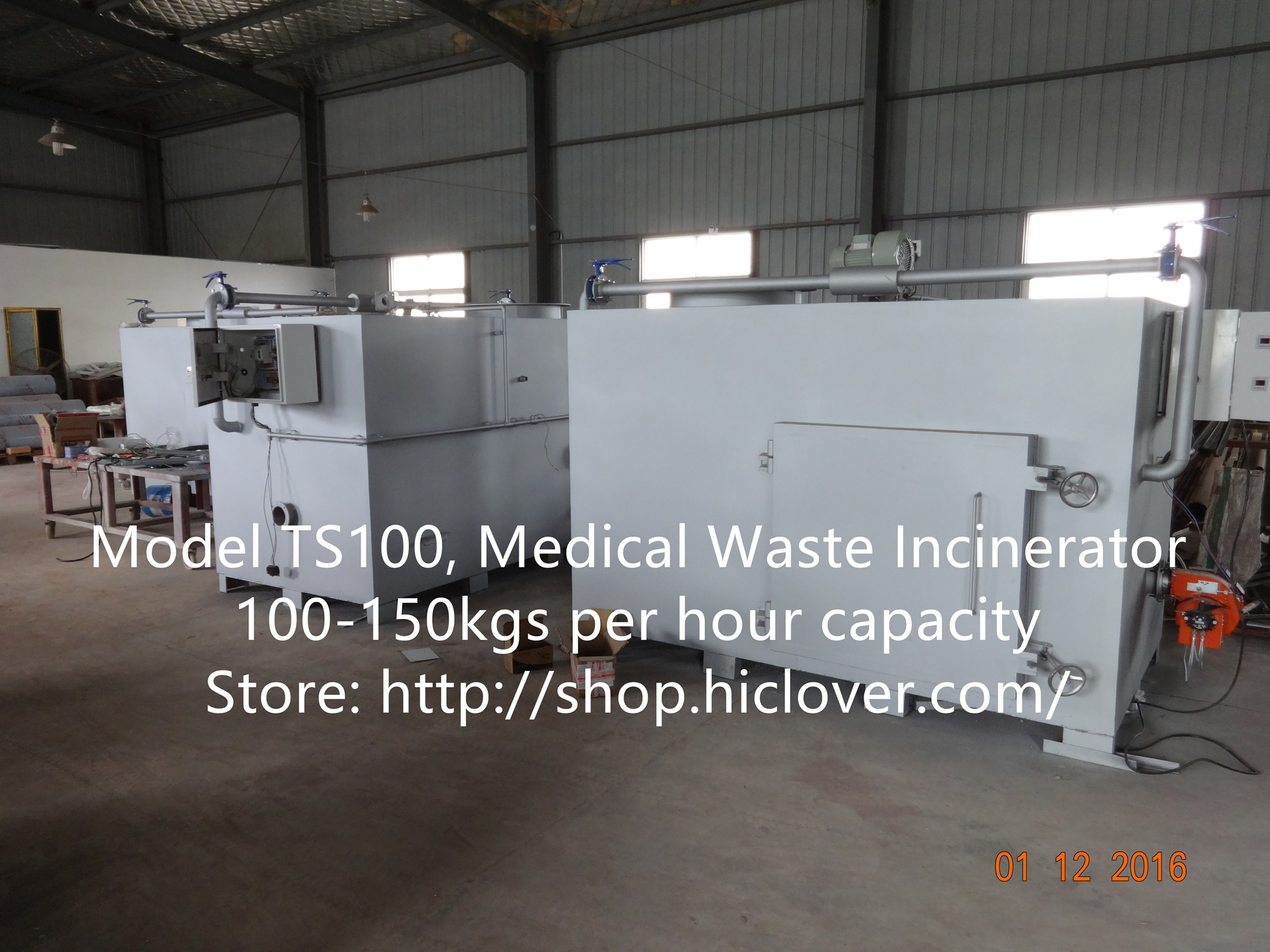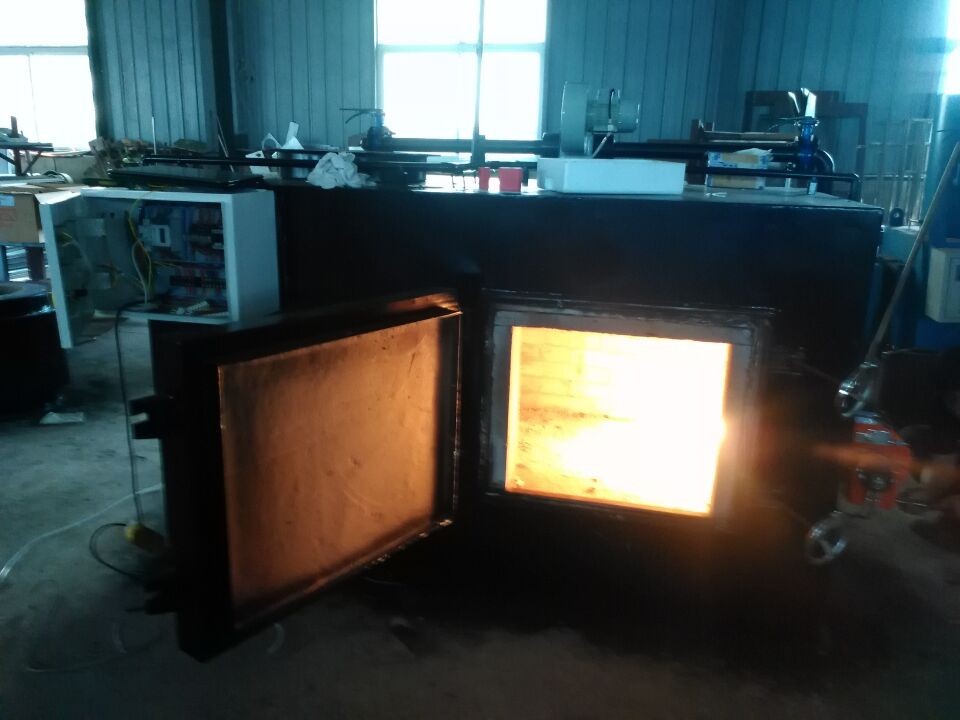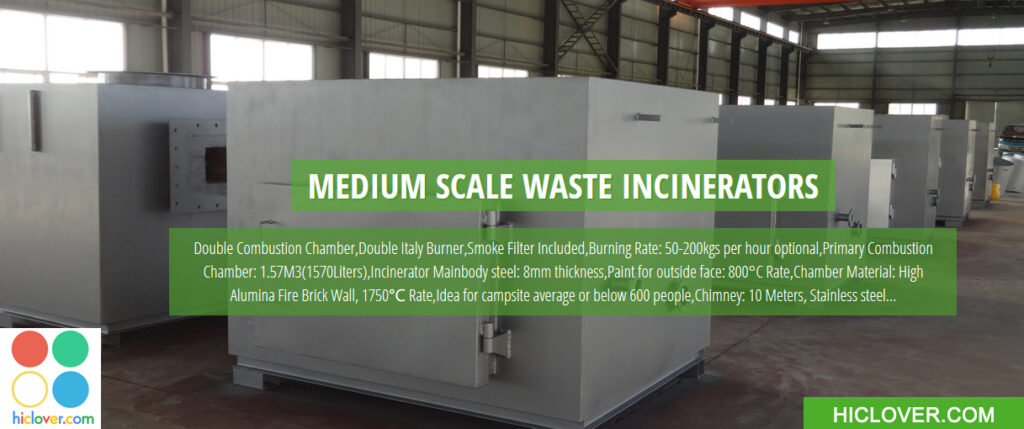Incineration has been a widely used method for waste disposal for many years, but over time, the technology has evolved to become more environmentally friendly. The incineration process involves burning solid waste to produce heat, which can then be used to generate electricity or heat buildings. While incinerators were once seen as a contributor to air pollution and environmental degradation, advancements in technology have allowed for a more sustainable approach to waste disposal.
One of the key developments in incinerator technology has been the implementation of emission control systems. These systems are designed to capture and treat pollutants before they are released into the atmosphere. This includes the removal of particulate matter, acid gases, and toxic substances, which can greatly reduce the environmental impact of incineration. Additionally, strict regulations and standards have been put in place to ensure that these emissions are kept at a minimum.
Another important aspect of the evolution of incinerator technology is the shift towards energy recovery. Many modern incinerators are equipped with advanced technology to capture the heat produced during the burning process and convert it into electricity or usable heat. This not only reduces the reliance on fossil fuels but also provides a more sustainable way to manage waste. By utilizing the energy produced from incineration, these facilities can contribute to a more circular economy and reduce the overall environmental impact.
Furthermore, the design of modern incinerators has also become more eco-friendly. Gone are the days of large, unsightly facilities that emit plumes of smoke into the air. Instead, newer incinerators are designed to be more aesthetically pleasing and to blend in with their surroundings. Additionally, there is a greater emphasis on incorporating green spaces and landscaping around these facilities, further minimizing their visual impact on the environment.
In recent years, there has also been a growing trend towards the use of advanced waste sorting and recycling technologies in conjunction with incineration. This approach allows for the recovery of valuable materials from the waste stream before it is incinerated, further reducing the amount of waste that needs to be disposed of.
Overall, the evolution of incinerator technology has led to a more sustainable and eco-friendly approach to waste disposal. With advancements in emission control, energy recovery, and facility design, incineration has become a viable option for managing solid waste while minimizing its impact on the environment. As we continue to strive for a more sustainable future, it is important to embrace these technological advancements and ensure that incinerators are utilized in a responsible and environmentally friendly manner.



